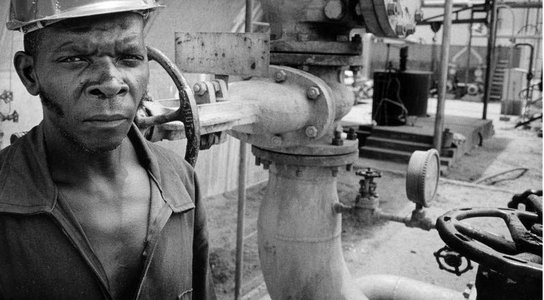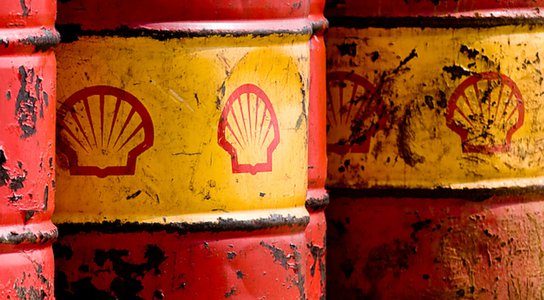In 2011, Shell and Eni paid US$1.1bn for one of West Africa’s largest oil fields, situated off the coast of Nigeria. The payment was equivalent to 80% of Nigeria’s proposed 2015 health budget, but the money did not benefit the country’s citizens. Instead it went to a company called Malabu Oil and Gas, which was secretly owned by the former oil minister who had granted his company rights to the oil field in 1998. Like many others, this deal for a massive state asset was conducted behind closed doors, without the knowledge of the public or investors.
Shell and Eni denied paying anyone other than the Nigerian government but there is clear evidence that they knew their payment would be diverted into private pockets. By doing business with corrupt politicians, Shell and Eni exposed their shareholders to enormous risk. The case is currently under investigation by authorities in the UK, Italy and Nigeria and there is a real chance the companies will lose their rights to the block, which is a critical plank in their strategy to replenish their reserves.
The OPL 245 case provides a clear and compelling example of why laws mandating greater transparency over company ownership, and the payments companies make for oil, gas, and minerals, are needed. Laws requiring companies to disclose such payments already exist in draft form in the U.S., but Shell and other major oil firms including BP, Chevron and Exxon, are blocking their implementation. As OPL 245 shows, such obstructiveness goes against their own interests.
As the case of Nigeria’s missing billion shows, there is no moral or economic argument for doing these deals in secret. The tide is turning towards transparency, and companies like Shell should champion this rather than trying to protect a redundant and outdated business model.

"$1.1bn was diverted from the public purse, this needs to be recovered and we must get to the bottom of the role companies and individuals played in this heist." Dotun Oloko, Nigerian activist
Contacts
-
Oliver Courtney
Join the movement to end company secrecy
You might also like
-
Report How to lose $4 billion
Credibility test for global transparency standard as £4bn lost to anonymous oil and mining companies.
-
Blog post Do investors know what Shell is up to?
We campaigners are idealistic. But that doesn’t mean our arguments don’t make business sense
-
Press release Court refuses to unfreeze funds from “smash and grab” raid on Nigerian oil block
